- According to the American Music Therapy Association:
- Research supports connections between speech and singing, rhythm and motor behavior, memory for song and memory for academic material, and the overall ability of preferred music to enhance mood, attention, and behavior to optimize the student’s ability to learn and interact.
- Preschool children in an early intervention music therapy program show high on-task behavior during sessions and a high success rate in language development, social skills, cognitive concepts, motor skills, and music knowledge.
- Studies show positive effects induced by music and help to improve social problem-solving skills in middle school students.
- Because music is processed in both hemispheres of the brain, music can stimulate cognitive functioning and may be used for the remediation of some speech/language skills.
- Music stimulates all of the senses and involves the child at many levels. This “multi-modal approach” facilitates many developmental skills.
- The music captures and helps maintain attention. It is highly motivating and engaging and may be used to naturally encourage clients to increase participation and attend to a task for longer periods of time.
- Musical elements and structures provide a sense of security and familiarity in the music therapy setting, encouraging individuals to attempt new tasks within this predictable but malleable framework.
- For more information, visit the American Music Therapy Association

